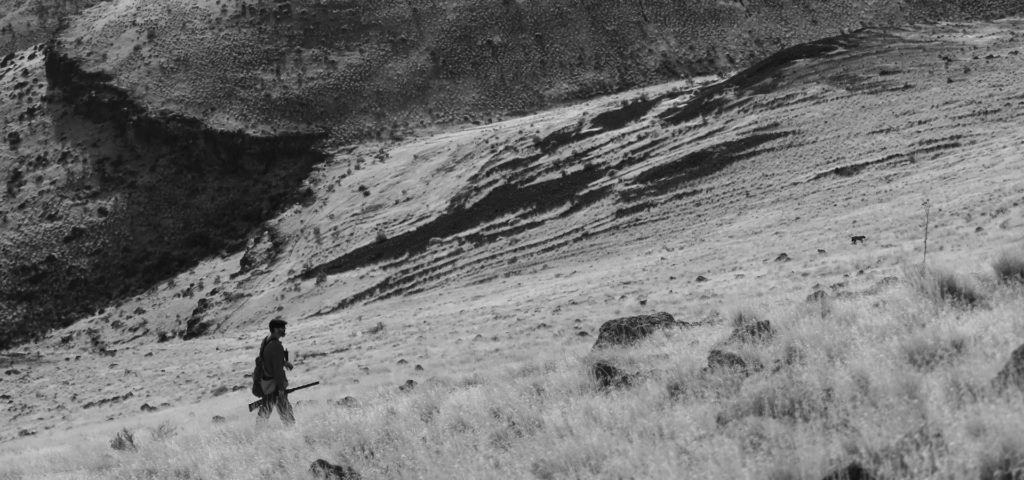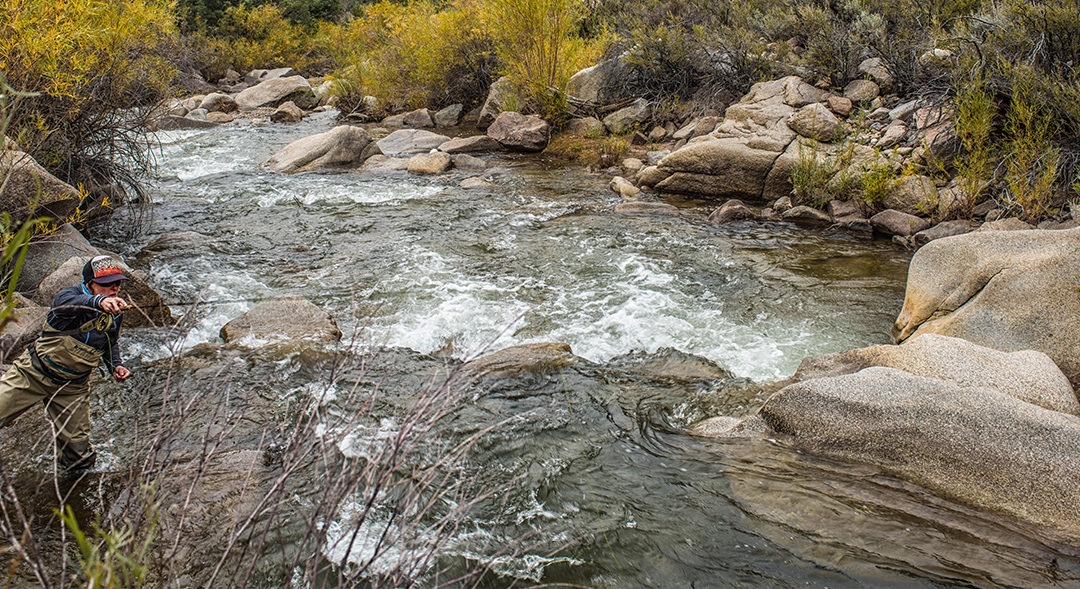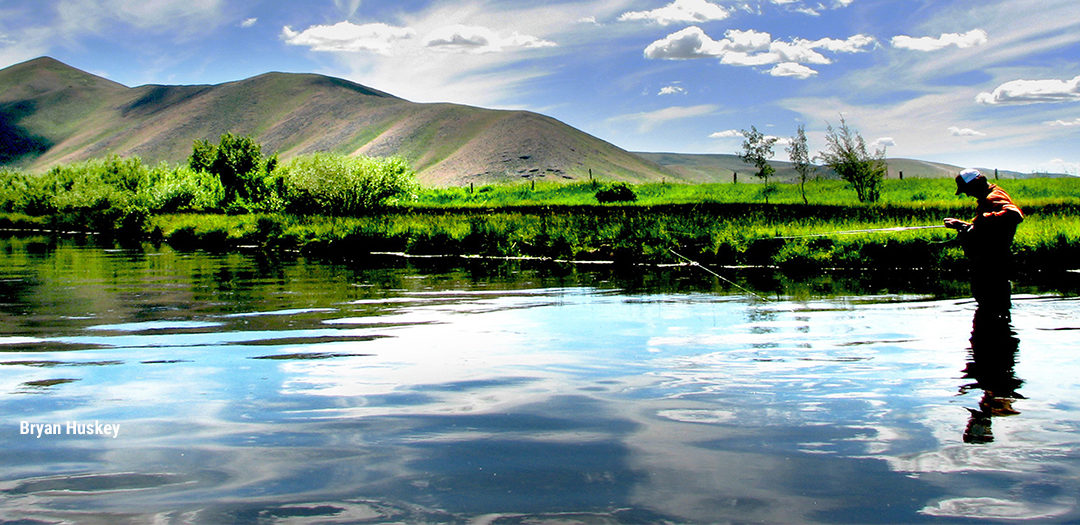
Hidden Values of Hunting and Fishing Licenses
Words by Joe Starinchak
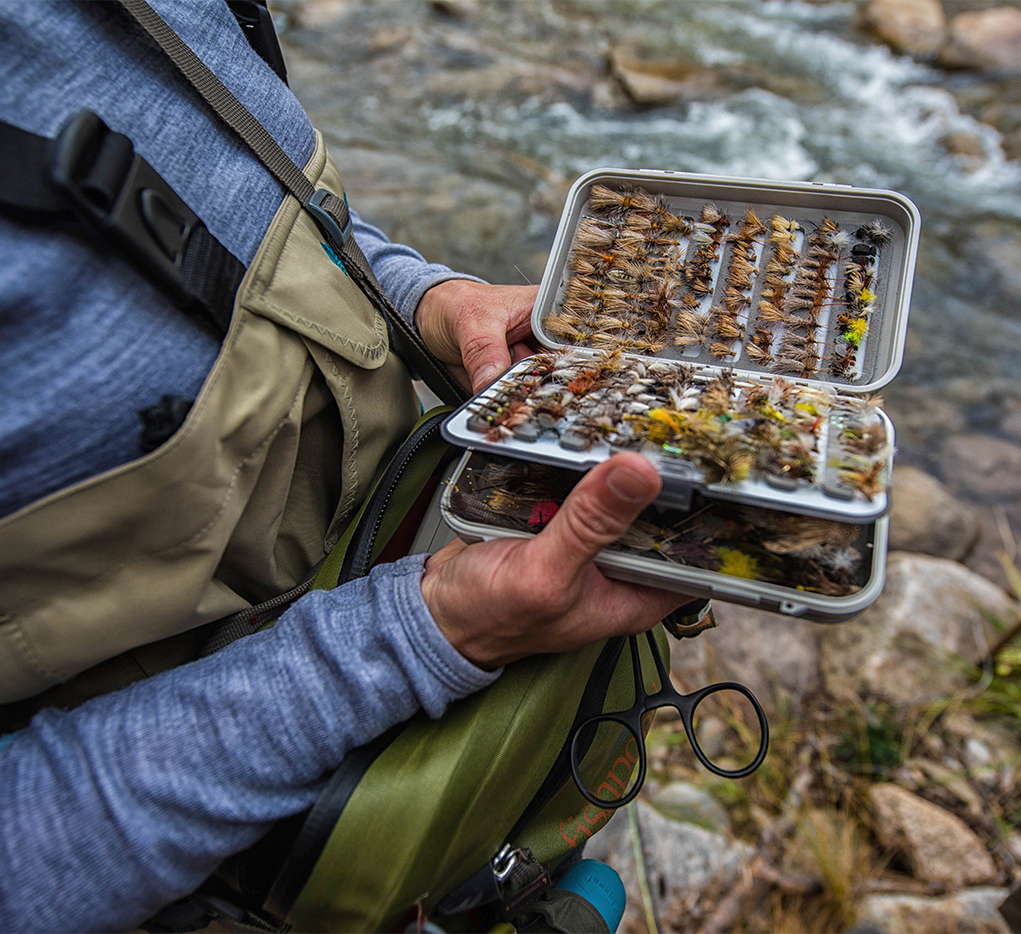
Today, outdoor recreation is a big business that includes multiple activities, different sectors and an annual contribution of $889 billion to the country’s economy. However, in spite of the sector’s size and diversity, the government is only involved in a few of these activities through licensing and registration processes. More specifically, participants in hunting, fishing and boating either are required to buy licenses or submit annual registrations to government agencies.
What is interesting about government-run licensing and registration processes is that not much has changed over time. Today, hunters, anglers and boaters can do much of the same things needed to get their licenses or registration online through agency websites; however, the perception of having to endure a bureaucratic process still exists. Additionally, the unspoken values that a customer gets in return for purchasing a license or registering his or her watercraft remain vastly under promoted. Besides securing the legal right to hunt, fish and harvest an animal or to use your watercraft, anglers, hunters and boaters also receive a bundle of lesser known rights, values and responsibilities – we call this bundle the hidden values of a hunting, fishing and boating. Unfortunately, these agencies have not effectively communicated about these values, which helps to create an ethically driven culture compelled by conservation behaviors that protect the environment, species and habitat.
Hunting and fishing all create impacts to the environment and the licensing/registration processes represent a critical part of a longstanding user-pay model that has funded conservation for over eighty years to help offset these various impacts. This federal-state-industry partnership has been a very powerful collaborative conservation model.
When hunters, anglers and boaters engage in a transaction with a state fish & wildlife agency, they exchange money to secure a legal right to hunt, fish or boat and harvest an animal or fish. Included within this right is the basic acknowledgement of a state’s authority to manage fish, wildlife and waterways and to abide by the various regulations that govern these activities. While this partnership has been very successful over the past eight decades, a lot has changed and now is the time to improve the partnership and maximize the hidden values of these activities to help elevate conservation.
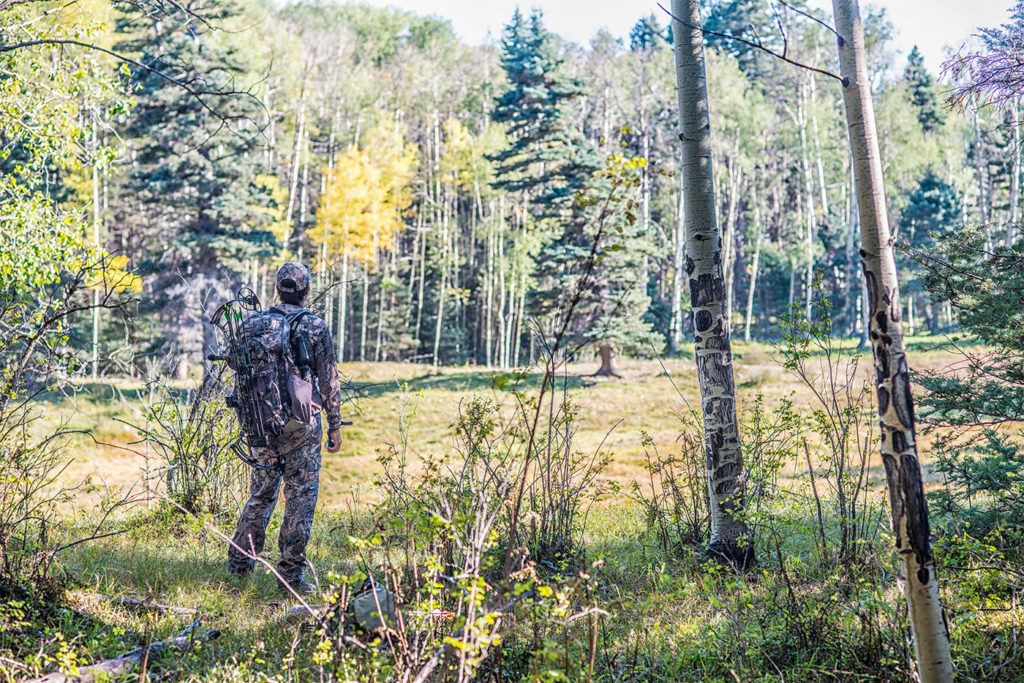
The impacts that hunting, fishing and boating all create, their foundations are grounded in an ethical framework. While the framework differs between activities, the overall focus is on safety and conserving the environment. Unfortunately, with today’s culture of busyness and a lack of time; these processes have been reduced to financial transactions and the ethical conservation frameworks have become an afterthought.
Regardless of this reality, obtaining a license or registration is still key touchpoint to engage prospective customers in conservation. With the transaction’s exchange of legal rights for money, this specific interaction represents an ideal opportunity to promote conservation’s ethical framework. At the end of the day, these licensing and registration processes not only generate money, they also provide a critical opportunity to communicate with customers – in essence, these bureaucratic processes have an embedded communications platform that can be maximized to promote conservation.
Since we are now living in the age of internet, information has become much more accessible and technologies like smartphones have changed how we consume information and interact with one another. The federal-state-industry partnership that has been so successful in funding conservation needs to adapt and use this new technology to sell licenses, promote boater registrations and elevate the ethical culture that is so important to these activities.
Fortunately, a forward-thinking company, Pursuit has focused on these processes and has developed a refined smartphone application that allows state agencies to sell licenses, promote boater registrations while also elevating conservation’s ethical framework. Besides helping the states, the Pursuit also helps hunters, anglers and boaters by simplifying the licensing and registration processes with an organized license utility and real-time field-mapping program for mobile devices.
This new smartphone technology makes these processes much more accessible and the Pursuit app’s multi-purpose functionality and its communication capabilities can be leveraged as a targeted conservation messaging platform that helps sportsmen remember their obligations and ethics while in the field or on the water. Research shows that when organizations deliver repetitive messages at key points, the receiver is more likely to answer the call to action. With technology being part of our everyday lives, now is the time to take advantage of smartphone technology to help with the licensing and registration processes and elevate the ethical foundation for interacting with nature by pushing out the critical conservation messages.
Besides registering your boat and buying your license, hunting, fishing and boating all have specific and important conservation principles that influence these activities. Fair Chase, an ethical approach to hunting big game animals where the animals are wild and free-ranging, and not confined by artificial barriers is one of the more influential principles for hunting. In a similar vein, the practice of catch & release influences anglers to use this conservation practice to unhook and return to the fish to water. This maintains healthy fish populations and allows anglers to catch fish again. With boating, stopping aquatic hitchhikers is another influential conservation practice. Boats can inadvertently move non-native species to other waters, so it is important for boaters to clean, drain and dry their equipment and prevent the spread of these harmful species. Ultimately, with a growing population and interest in the outdoors, these ethics must be practiced vigilantly to help conserve game species and their habitat.
In addition to the conservation-driven values, a host of other values and benefits exist that a person gains access to when they purchase a hunting or fishing license or register their boat with their respective state agency. To effectively position this communications platform and to elevate the conservation ethics, it is important to highlight these other features. Below is listing of some of the other values and benefits that people can access when they buy a license or register their boat.
- Access to awe – Nature is incredible and by purchasing a license or registering watercraft, people purposefully choose to access the outdoors, whether it’s the mountains, rivers, open space or wildlife populations. This choice gives us access to Nature, its beauty, healing powers and connectivity.
- Improved mental and physical health – Whether you fish, hunt or boat, these activities require you to be fit and skillful in your engagement of Nature. Also, with incredible therapeutic value, Nature gets us out of our heads and into a world where we are part of something larger. Harvard and other research institutions show that Nature interactions are very beneficial to our mental health and hunting, fishing and boating get us into Nature and create connections to life all around us.
- Stronger family and friend relationships – One of the best things about choosing to engage in hunting, fishing and boating are the relationships we have and the value that these experiences can create for them. With Nature, we see each from a different perspective and strengthen our relationships with each other.
- An escape from everyday life – Modern day life is hectic and chaotic. We are under pressure to make money to feed our families and pay our mortgages. These pressures mount and create undue amounts of stress. By engaging in Nature, we can escape this chaos and rejuvenate ourselves with our escape from modern society.
- A spiritual connection with other living things – Activities like hunting and fishing require concentration and skill. Once this mental stamina is built and the skills are realized, hunters and anglers begin to notice things around them, like the rise of a trout sipping a mayfly, the majesty of a moose in the wild or the wind whispering through the aspens. These experiences help you to appreciate Nature, it’s vibrancy and all of its creatures and it makes you want to share these experiences with others, because you begin to realize what is truly important.
